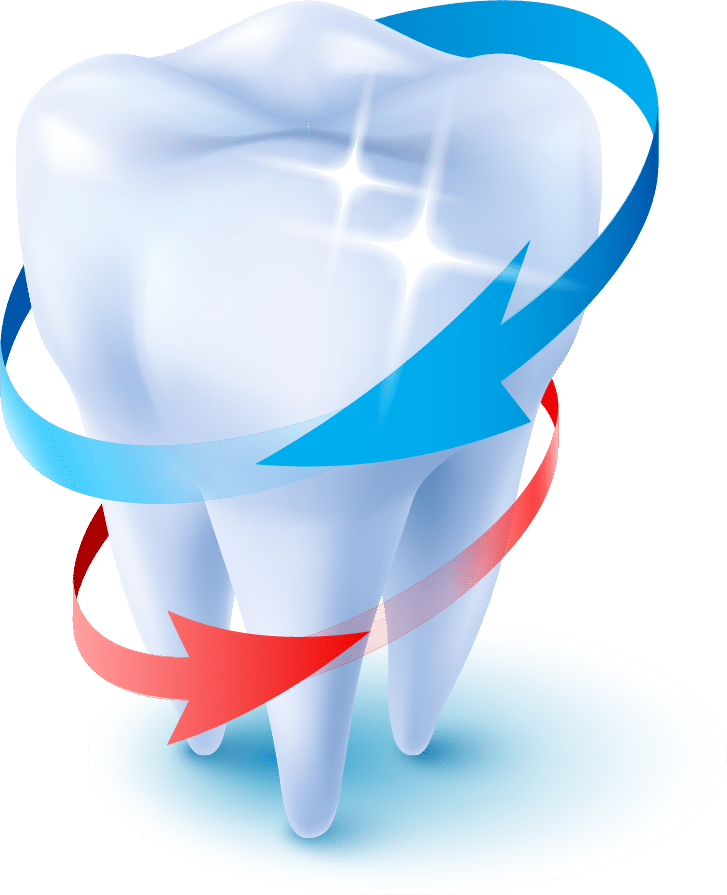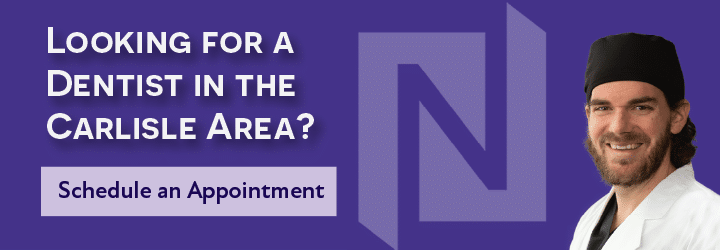
Do I need fluoride for my teeth to be healthy?
Fluoride is nature’s cavity fighter and occurs naturally in varying amounts in water sources. To help protect teeth from cavities, fluoride is also added to some dental products such as toothpaste.
Benefits for both children and adults:
Before teeth break through the gums (erupt), the fluoride taken in from foods, beverages, and dietary supplements makes tooth enamel stronger, making it easier to resist tooth decay. After teeth erupt, fluoride helps rebuild (remineralize) weakened tooth enamel and reverses early signs of tooth decay.
It is specifically important for infants and children between the ages of 6 months and 16 years to be exposed to fluoride. It becomes incorporated into the development of permanent teeth, making it difficult for acids to demineralize teeth.
When you brush your teeth with fluoride toothpaste or use other dental products, it is applied to the surface of your teeth. This provides what is called a “topical” benefit.
The fluoride you take in from foods and beverages continues to provide a topical benefit because it becomes part of your saliva, constantly bathing the teeth with tiny amounts of fluoride that help rebuild weakened tooth enamel.
What forms are available?
As mentioned, it is found in foods and in water but it can also be directly applied to the teeth through toothpaste and mouth rinses. Mouth rinses containing fluoride in lower strengths are available over-the-counter; stronger concentrations require a doctor’s prescription.
A dentist can also apply it to the teeth as a gel, foam, or varnish. These treatments contain a much higher level of fluoride than the amount found in toothpaste and mouth rinses.
Supplements are also available as liquids and tablets and must be prescribed by your dentist, pediatrician, or family doctor.
How can I make sure I’m getting enough?
The most effective way to ensure that you are getting enough is to brush your teeth twice each day with fluoridated toothpaste. Make sure that when you are brushing, you take the time to go over and around each tooth on all sides and along the gum line.
You can also introduce fluoride into your diet through foods such as, yams, milk, eggs, cassava, red meats, and fish, especially if it’s canned. All of these foods contain less than 0.1 milligrams in them per serving.
Having a regular dental checkup every six months is also extremely important, not just because your mouth will be professionally cleaned, but also because you should receive a concentrated fluoride treatment each time.
Contact us at Noll Family Dentistry today to schedule an appointment!



